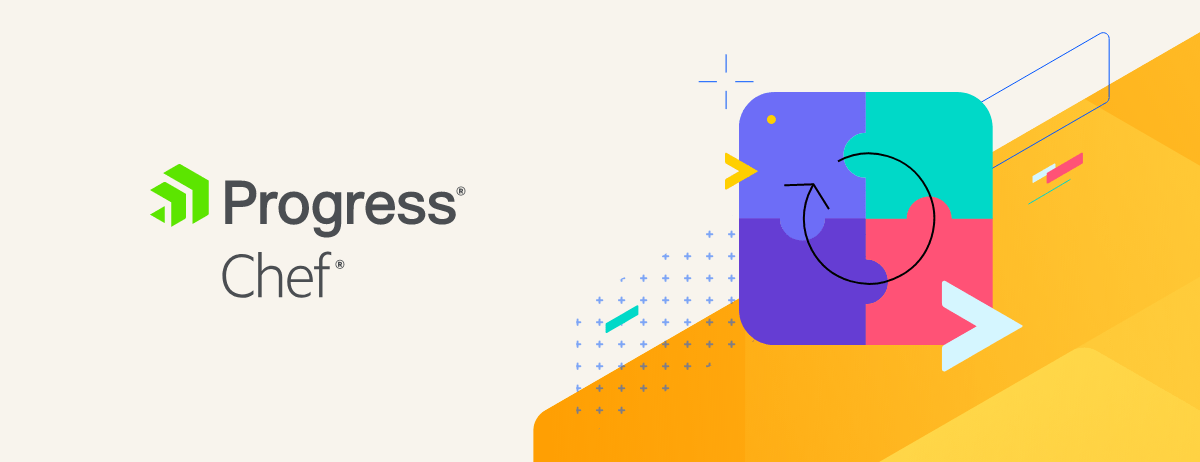Here’s the issue: we love our text editors and version control systems, but,
despite all the indespensible things these tools do for us, they sometimes
leave behind temporary or data files that we don’t want to distribute to every
host in our infrastructure. Before Chef 0.10, it was a pain to keep knife from
uploading swap files and version control data to your Chef Server. Chef
actually has had an ignore file feature for quite some time; however, ignore
files are only respected on a per-cookbook basis, so you have to maintain a
copy of this ignore file for each cookbook you have in your repository. In
addition, ignore files use regular expressions to match paths, which is a bit
unnatural for the task.
In Chef 0.10, the old ignore file system has been removed. In it’s
place, Chef now uses a single chefignore file, placed in the root of
your cookbook repository, to determine which files to ignore when
uploading cookbooks. chefignore files use Ruby’sFile.fnmatch
under the hood, so the syntax is similar to a shell glob—much more
natural when dealing with file paths.
Ignoring Subversion Directories
I don’t use subversion day-to-day anymore, but for demonstration
purposes I’ve created a cookbook and placed a .svn directory inside
the templates directory. When I upload it, I can see the subversion
data is there:
knife cookbook show ignoramus 0.0.1 | grep .svn
name: .svn/some-svn-data
path: templates/default/.svn/some-svn-data
Now I create the chefignore file in the root of the repo with the following content:
*/.svn/*
After re-uploading the cookbook, I can see that my svn directories are now ignored:
knife cookbook show ignoramus 0.0.1 | grep .svn
# nothin'
Ignoring Editor Swapfiles
Ignoring the files left behind by editors is easy. Just put this in your chefignore file:
# emacs
*~
# vim
*.sw[a-z]
This feature is certainly less exciting than some of the other new features in
Chef 0.10, but it’s definitely something that it’s hard to live without when
you need it. We think you’ll find this a big improvement over the current
system.
By the way, we’re in the home stretch for Chef 0.10. If you’re on the Opscode
Platform you can start using Chef
0.10 by upgrading your gems:
(sudo) gem install chef --pre
And if you’re running your own Chef server, check the wiki for upgrade
instructions
or spin up a new server for testing:
[sourcecode lang=”bash”]
sudo chef-solo -j chef.json -c solo.rb -r https://s3.amazonaws.com/chef-solo/bootstrap-0.10.0.rc.0.tar.gz
[/sourcecode]
As always, you can find us on irc.freenode.net#chef or on the mailing
list if you need a hand.

